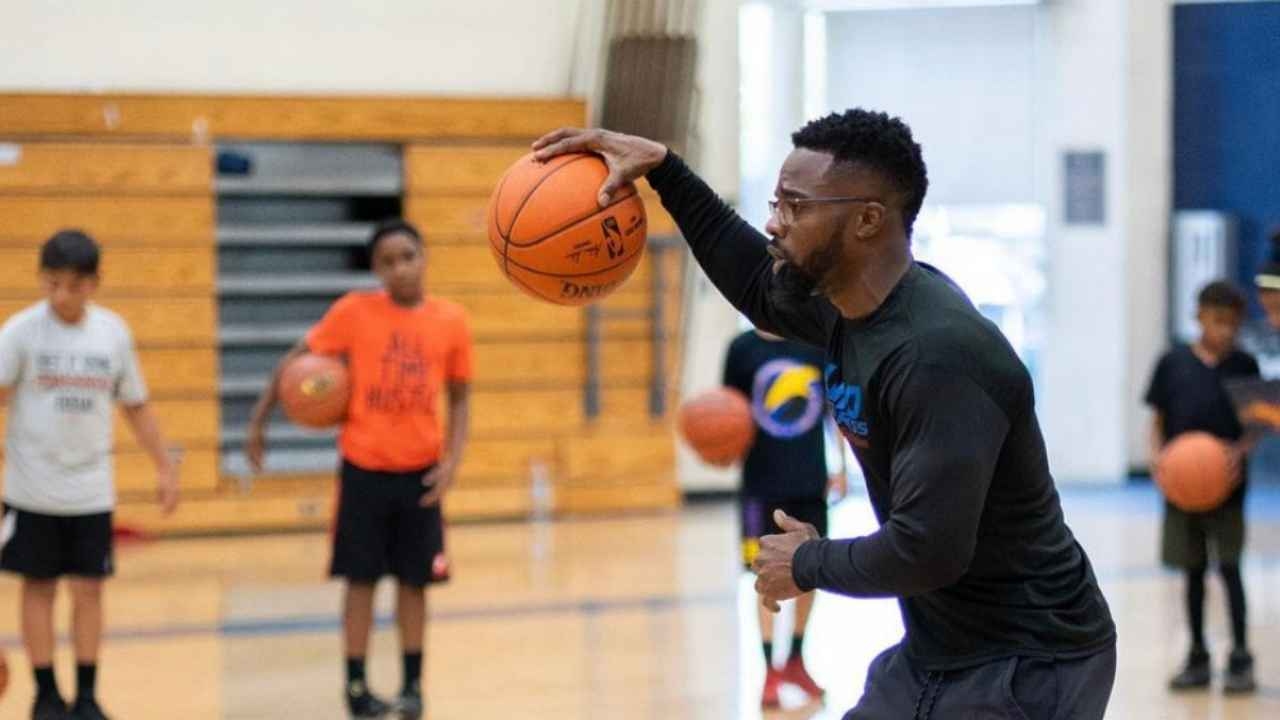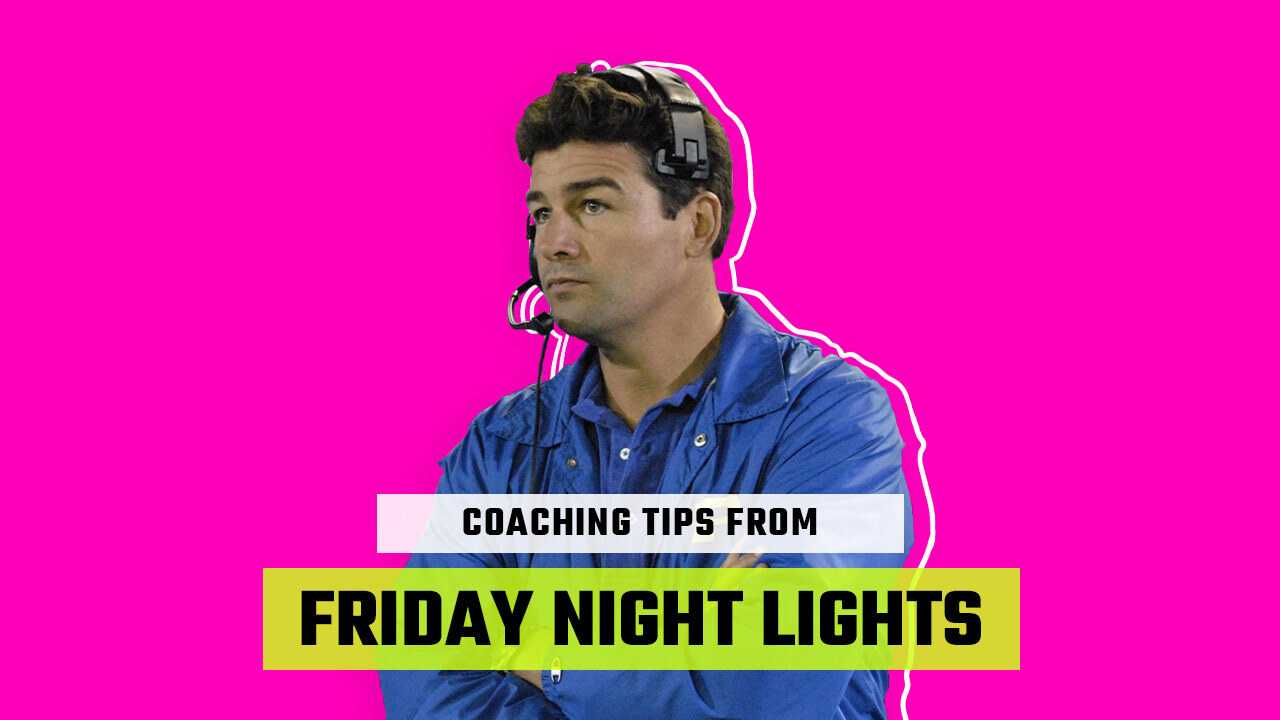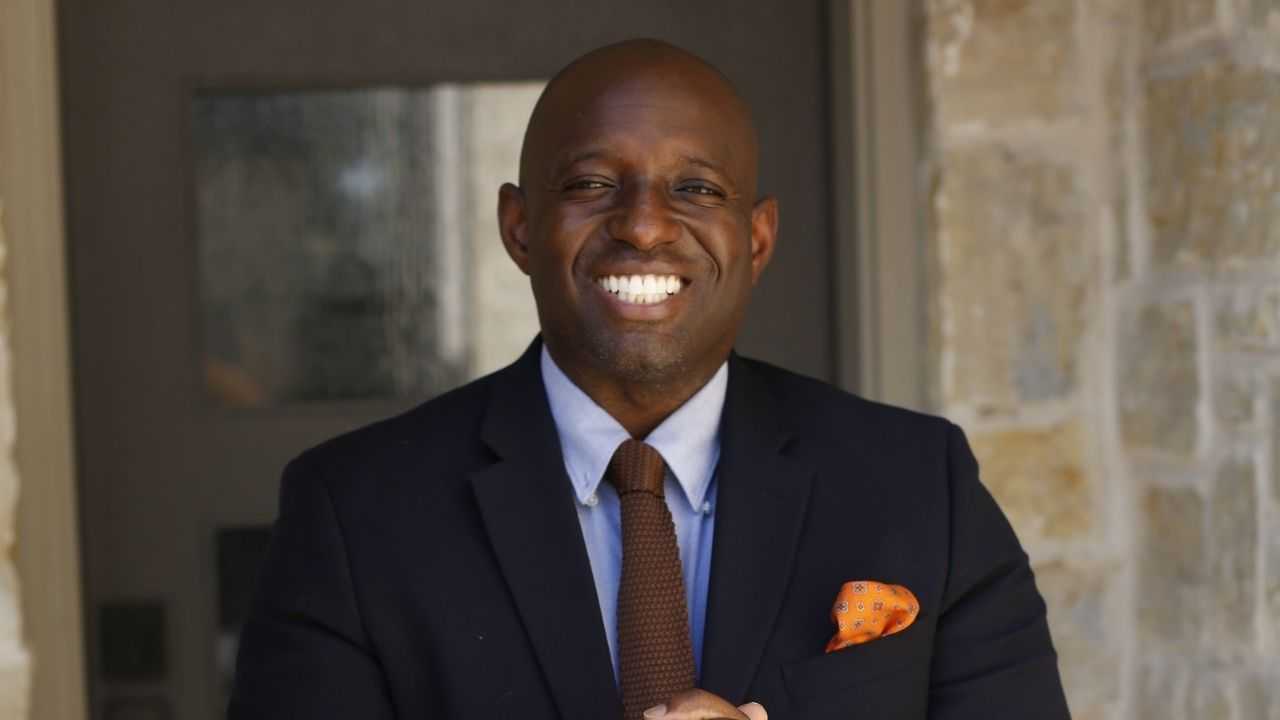This TED Talk Will Change How You Coach
Marc Maye, of the Los Angeles nonprofit 4wrd Progress, on how adopting the mentality of a minor league baseball coach will change your game
Sarah Lindenfeld Hall
| 4 min read

Marc Maye
In his 2019 TED Talk, Marc Maye — co-founder of 4wrd Progress, a California nonprofit that uses sports to teach kids and teens skills for life — poses a simple question: What’s the difference between a minor league baseball coach and a major league baseball coach?
At heart, minor league coaches are paid to develop players, while major league coaches are paid to win.
And the whole point of youth sports, he says, is development — not winning.
“When you look at it on the field, everybody is trying to think like the pros — and I think we need to understand we’re not the pros,” Maye tells MOJO. “We’ve got to meet kids where they’re at, and that’s a lost art right now.”
Leveraging every teachable moment
Through 4wrd Progress, Maye is working on that lost art.
The nonprofit quickly came together in 2017, first as a summer camp and then as a weekly program. Former NBA player and coach Kurt Rambis, senior basketball advisor for the Los Angeles Lakers, is a regular volunteer and supporter.
During the pandemic, kids continue to meet weekly via Zoom. But when they’re able to meet and play in-house scrimmages, coaches use moments during the action to build life skills. They run activities that emphasize teamwork or offer opportunities to show leadership. Coaches use conflict on the court as teachable moments.
“If the kids on the same team are not getting along or somebody made a mistake and they start arguing with each other, boom, we’re going to stop right there to address that situation and that problem to get the kids to see, Oh, I could have done that differently,” Maye says. The idea is that those skills transfer to a group project in class, or at home with siblings. “They can use those skills they learn in sports to just deal with life.”
After playing, they talk about resilience, teamwork and other traits during 30-minute workshops. “We get them to be the best versions of themselves,” Maye says.
The minor league mentality in action
For youth coaches who want to leverage all aspects of development, Maye has these three tips.
See sports as the entrance to teach other skills. “We’re just meeting them where they are,” Maye says. “Sports are just our hook. It’s our way to get kids to think together for a little bit.”
Focus on the right people. Coaches can feel pressure from parents or league officials sometimes, but Maye says that kids should be a coach’s top concern. “It isn’t going to be easy trying to impress everybody, but if we know who our audience really is — which is youth and kids — it makes our decision easier,” Maye says. “You’re not worried about what everybody else has to say.”
Expand your definition of winning. “Winning is one thing. I get it. I love to win. I’m a big Lakers fan,” Maye says. “But I do want to make sure that when we’re dealing with these kids, they aren’t the Lakers. They still need to be taught.”
Just remember that teaching doesn’t preclude winning — not in the least.
“We can win in different ways even if we’re not winning on the field or the court or by the scoreboard,” he adds. “To youth coaches out there, myself included, if we can just continue to push that mentality forward, then eventually it’s going to turn into all kinds of winning.”
Related articles
The Science of Winning (It’s Not What You Think)





